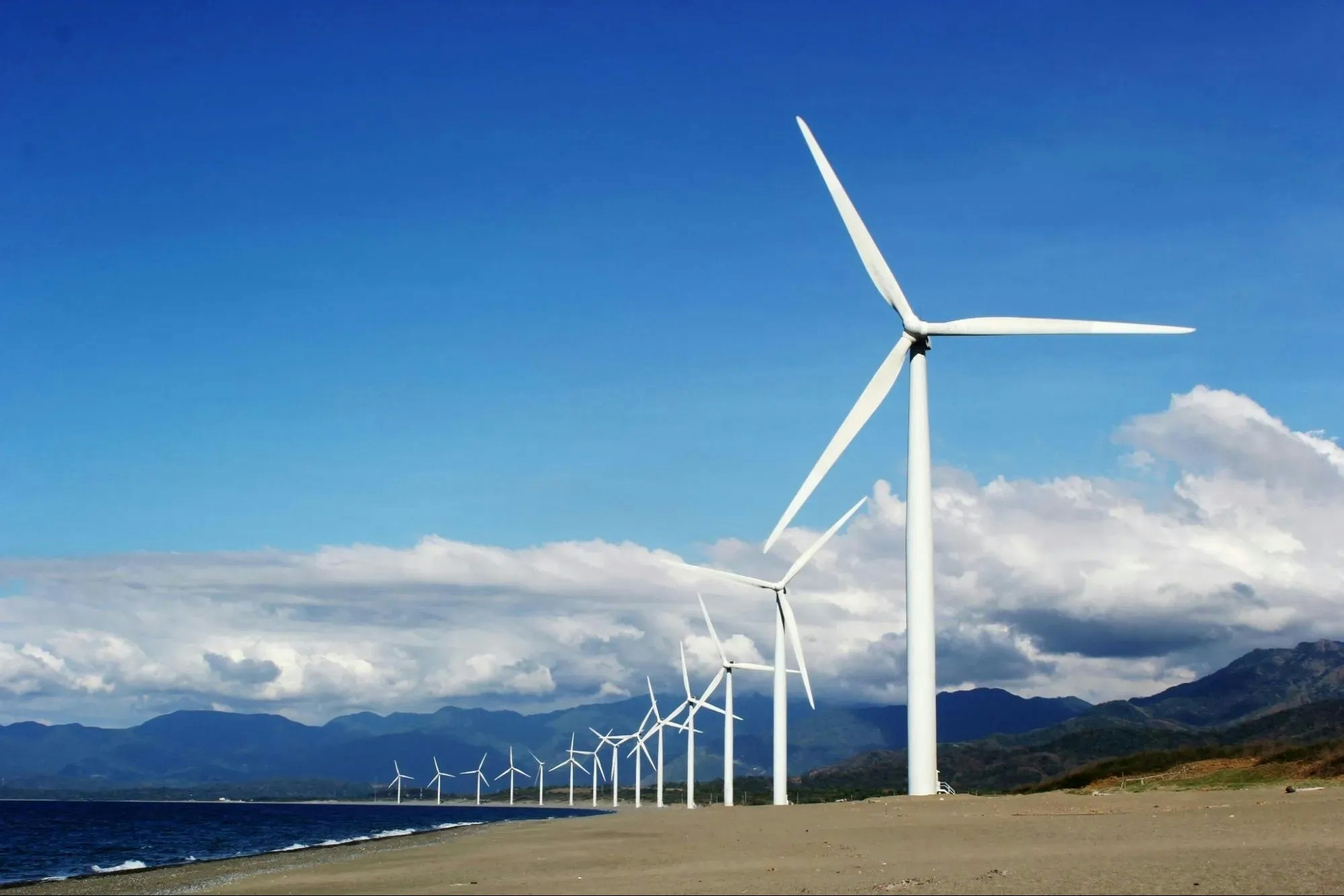How Do Economists Incorporate Sustainability into Economic Analyses?
Economist Zone

How Do Economists Incorporate Sustainability into Economic Analyses?
In the quest to harmonize economic progress with environmental stewardship, we've gathered insights from experts like a Principal Environmental Economist, who emphasizes the importance of monetizing lifecycle costs and benefits. Alongside expert perspectives, we've included additional answers that enrich the dialogue on sustainable economic practices. From the strategic use of native plant species to valuing ecosystem services in economic models, explore the multifaceted approaches that professionals are adopting.
- Monetize Lifecycle Costs and Benefits
- Adopt Triple Bottom Line Approach
- Adjust GDP for Environmental Degradation
- Apply Green Accounting Principles
- Measure Ecological Footprint Against Productivity
- Value Ecosystem Services in Economic Models
Monetize Lifecycle Costs and Benefits
Sustainable Return on Investment analyses can be used to support holistic investment decisions and policy recommendations by monetizing the economic, social, and environmental costs and benefits to the extent possible over the lifecycle. Using the same unit of measure allows for greater understanding and comparison of the costs and benefits of various alternatives.
Adopt Triple Bottom Line Approach
Economists consider the triple bottom line approach, which balances the traditional focus on profit with the crucial aspects of social equity and environmental stewardship. This method of sustainability assessment ensures that economic activities contribute positively not just to financial success but also to the well-being of people and the preservation of our planet. Companies and policymakers are encouraged to adopt this inclusive framework to make decisions that promote long-term economic health without compromising social and environmental responsibilities.
By weighing the social and environmental impact alongside financial performance, a more holistic understanding of economic progress is achieved. Explore how businesses in your community can implement the triple bottom line.
Adjust GDP for Environmental Degradation
Environmental degradation costs are increasingly factored into economic analyses by adjusting a country's Gross Domestic Product (GDP). Economists are recognizing that the unaccounted environmental harm caused by production and consumption can significantly devalue a nation's true economic health. By incorporating these costs, such as the impacts of air pollution and deforestation, GDP figures can better reflect the sustainability of a country's growth.
This gives a more accurate picture of whether current economic activities are harming future generations' prospects. Start a conversation about the true cost of economic growth in your area.
Apply Green Accounting Principles
Economists are applying green accounting principles when valuing natural resources to incorporate sustainability into their analyses. These principles account for the depletion of resources and aim to measure the long-term impact on an economy. Acknowledging that natural resources are finite, and their exploitation has long-term consequences, green accounting modifies traditional financial accounts to promote sustainable practices.
The goal is to ensure that economic development does not come at the expense of the environment. Get informed about how our natural resources are valued in the economy.
Measure Ecological Footprint Against Productivity
Sustainability in economic practices is also being evaluated by comparing an ecological footprint with economic productivity. This perspective measures how much of the natural environment is required to sustain economic activities and maintain consumption patterns. It highlights the potential strain on the planet's resources by current economic processes.
By using ecological footprints as a measure, economists promote a balance between economic growth and environmental limits. Consider investigating your own ecological footprint and how you can reduce it.
Value Ecosystem Services in Economic Models
Integrating the valuation of ecosystem services into economic models is another way economists are incorporating sustainability. Ecosystem services are the benefits provided by the natural environment, such as clean water, pollination of crops, and carbon sequestration. By valuing these services, economic models can capture the vital role that healthy ecosystems play in supporting economies.
This encourages investment in maintaining and enhancing these services rather than depleting them. Be an advocate for policies that recognize the value of our ecosystems.